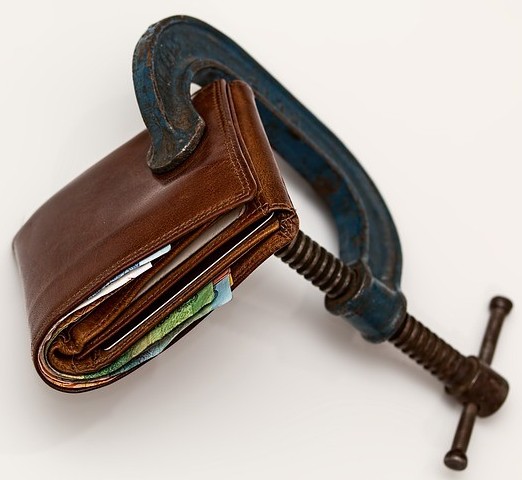Budgeting is something that is thought of a dreary, just like dieting because it suggests deprivation and self-control, and that is something a lot of people aren’t good at.
Here are a few different ways to look at how to budget and manage money, and there is bound to be a way that matches your personality.
Just like diets, with budgeting, it is so easy to fail. An after work drink with friends could run on longer than expected and then you realize that you have blown your entire entertainment budget for the month.
To feel the need to budget, we need to paint ourselves a picture of our future. We need to imagine the future that we want and draw up a roadmap on how to get there. Ask yourself why you want to change your current spending patterns.
You will need to use the SMART approach when it comes to how to budget and manage money:
Specific
Motivating
Achievable
Realistic
Time-Bound
Imagine your ‘why’ is a holiday on a cruise ship next summer. You know what the base cost will be and you want to have some spending money. So you will need to save R800 per month. That is a specific amount and it’s certainly a motivating goal provided you earn enough to set this amount aside. This goal will then be both achievable and realistic. The cruise is 12 months away so if you put this money away each month, in 12 months you will have R9600 for your cruise.

How To Budget And Manage Money
So once you have your clear ‘why’ you will need to have a ‘what’ to follow. This must consist of a plan, as a goal without a plan is merely a pipe dream.
Start by looking at how much money you bring in, and what your non-negotiable costs are eg: rent, food, insurance, bank charges, etc.
How much is left over?
Do yourself a favor and look back on a year of bank statements and see what you actually spend your money on. You will find it an interesting and sobering exercise, and this will ground you in the reality of your spending, as well as identify budgeting challenges.
Once you can understand your current money situation, you need to draw a future picture of the way you would like things to be.
There is a host of free online tools and apps to help you put your roadmap together. Here are a few you can try:
http://oldmutual.co.za/personal/financial
lindasabundance.com/get-started
Making your budget fit into your future may involve cutting back on some things or negotiating on your banking fees, but it may also focus your mind on clearing out any debts.
Debt and interest is the ultimate money waster, as you are literally paying out money for nothing at all.
Which Budget Is Best For You?
Everyone is different when it comes to how to budget and manage money, so I have listed 5 different budget plans below. Everyone I know has a different one in action, but they all work.
Straight Spending Budgeting
This is the most basic budgeting method, but also a good way to become more aware of what you are spending your money on throughout the month.
All you need to do is keep a daily record of all the money you spend. You then tally it all up at the end of the week and deduct that from your income.
What you have left is what you have left for the rest of the month. In this way, you shouldn’t get caught unaware when your cash flow dries up.
Give Every Rand A Job Budget
‘You Need A Budget (YNAB)’ is a great budgeting app that makes sure that every cent you earn is given a job as soon as it lands in your bank account.
With this budgeting method, you allocate your income into categories for the month for example groceries, eating out, bond payment, clothing, etc. So now you will know exactly how much you have to spend.
Before you have spent anything your income has been allocated.
It will take a bit of practice to get the right formula here, but you can do things like move funds from one category to another as needed.
The 50-20-30 Budgeting Method
This one will appeal to novice budgeters.
Start by allocating 50% of your income to necessities, 20% to savings and 30% to wants.
Necessities are things for your home, groceries, insurances, savings, medical aid, debt repayments, etc.
The wants are the nice to haves like new clothes, eating out, entertainment, gym memberships etc.
The Cash Only Budgeting Method
This one appeals to those who are not good with credit cards, and it is really simple.
Once a week you draw and amount of money according to what you need. Then that’s it. No more until the end of the next week.
There is something about this tangible approach to budgeting that can encourage more conscientious spending for many people.
The Values Budgeting Method
This is ideal for those with an expendable income and those people who find that they don’t know where it goes each month.
Write down your top three favorite things in life, then allocate a budget for each. Then you need to prioritize spending in this category over all other non-essential purchases like clothing or eating out.
The values budget helps to establish what’s important to you so that you make sure you’re spending your time and money on what matters to you most and thus ensure the biggest return on investment in terms of fulfillment.
And finally, last but not least in this how to budget and manage money guide, don’t forget to put away some savings each and every month. It is a good idea to set up a debit order so that your savings can go out of your account before you have time to spend it.
![]()